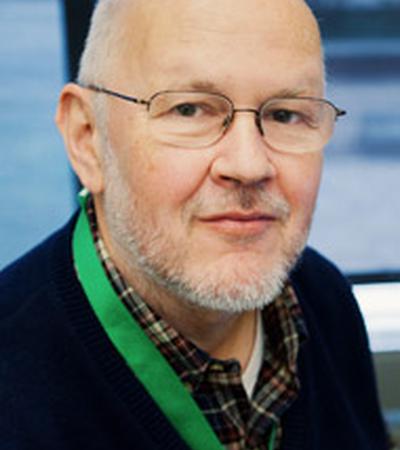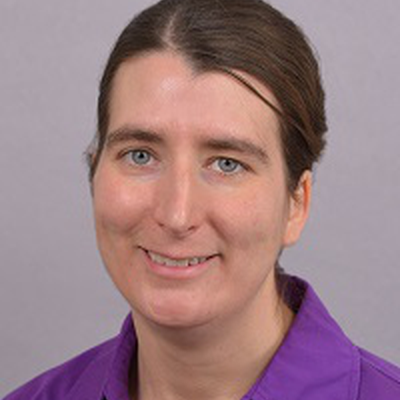Building pan-African Bioinformatics Capacity
University of Illinois Urbana-Champaign
Member Node
Chris is the Associate Director for HPCBio. His focus is developing infrastructure within the HPCBio group for genomic analyses; this includes high-throughput analysis workflows for whole genome data processing and analysis, implementing and deploying self-contained pipelines such as MAKER and Interproscan, and developing custom solutions based on a project's particular needs. Chris coordinates with the IGB Computer Network Resource Group for server-side scalability and cluster job submission. Chris is also actively involved with bioinformatics open-source development, as a core developer for the BioPerl project an active contributor to the Generic Genome Browser (GBrowse), and more recently as a contributor to the Toil workflow system. He actively collaborates with various bioinformaticists from other open-source projects, specifically other projects from the Open Bioinformatics Foundation (such as Biopython, BioRuby, BioJava, and EMBOSS), and resources in the Generic Model Organism Database (GMOD) consortium of projects. Chris is also acts as the Secretary of the Board of the Open Bioinformatics Foundation (OBF) Chris earned his undergraduate degree in biology from Baylor University and the University of North Texas, followed by a Ph.D. in molecular microbiology at the University of North Texas in 2002, the latter primarily in a wet-lab research environment. He always had a strong interest in computational biology, and during his second postdoctoral appointment switched to focus completely on computational biology, joining the Carl R. Woese Institute for Genomic Biology as an IGB Postdoctoral Fellow. His experience and background as a BioPerl core developer has led to a number of diverse collaborations over the last several years, including work that led to the standardization for the ubiquitous FASTQ format. Chris's role as BioPerl developer has also led to mentoring opportunities in the Google Summer of Code for NESCent and four more with the Open Bioinformatics Foundation.













